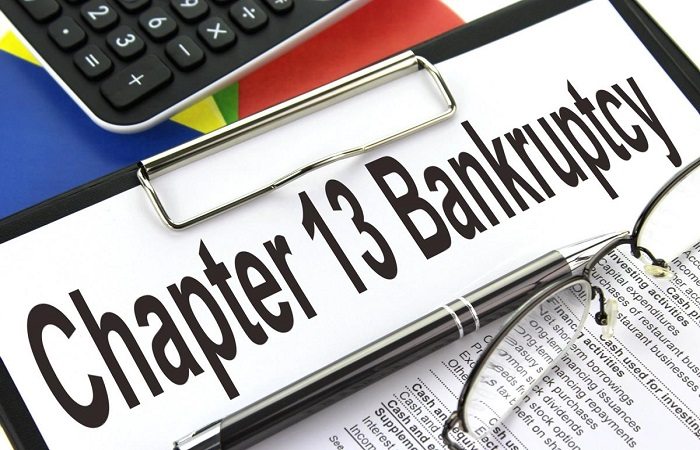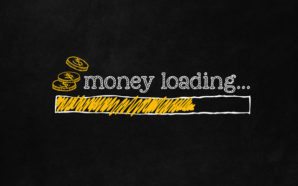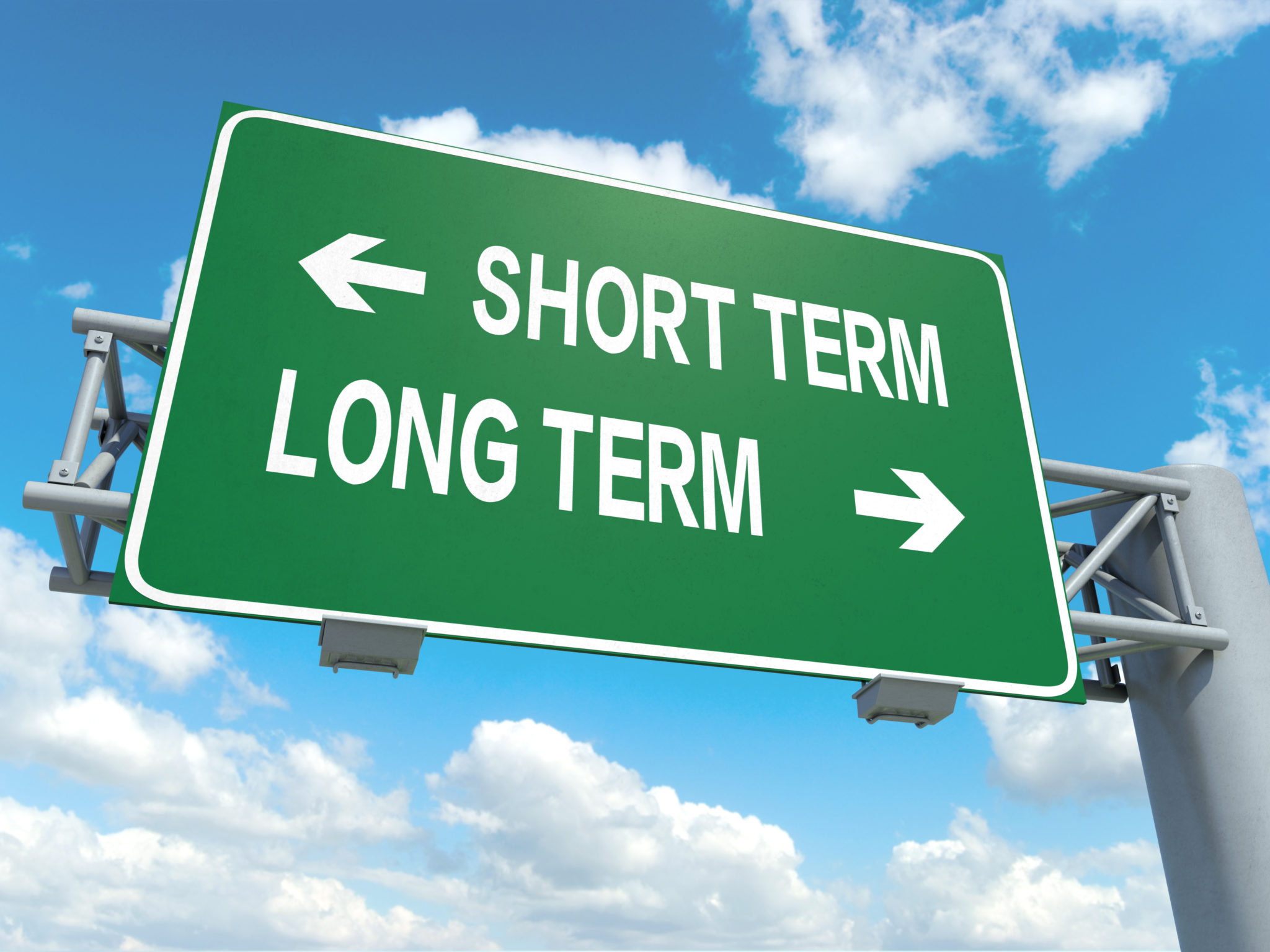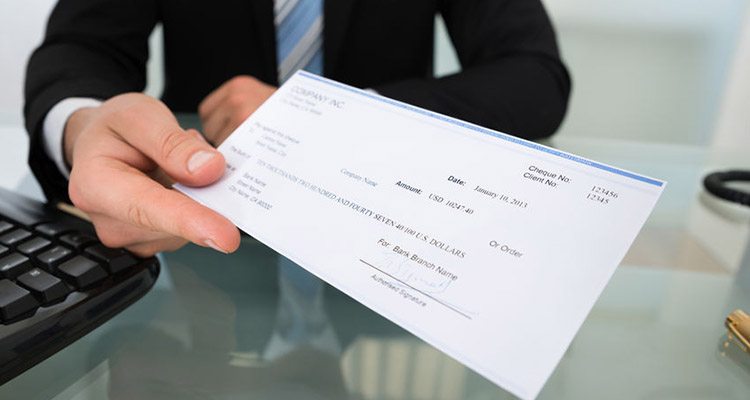Eligibility Criteria to Apply for Chapter 13 Bankruptcy

US Federal law makes provisions to help people who are struggling to deal with their debts. There are five different types of bankruptcy provided for by Federal law. Of these, Chapter 13 bankruptcy is the second most common type that people file for.
What is Chapter 13 Bankruptcy?
Chapter 13 Bankruptcy is also called a wage earner’s debt plan. This is because it helps those with a steady income chart out a plan to pay off their debts, or at least some of their debts, over a 3 to 5 years term. During this time, collectors and creditors cannot harass the debtor for money.

Why Chapter 13 Bankruptcy?
If it is possible, it is better to file for a Chapter 13 rather than a complete liquidation as in the case of a Chapter 7 Bankruptcy filing. The reasons for this are:
- Most importantly, you are protected from losing your home if your file for a Chapter 13. With a Chapter 13 filing, you can save your home from foreclosure and will be given the chance to catch up with your overdue mortgage payments over a period of time.
- This type of bankruptcy filing also allows you to extend your secured debts over the span of the plan.
- Third parties who have also been impacted by consumer debt (people who have co-signed with you and are held liable for your debts) will also be protected from creditors and collectors.
- This plan acts more like a consolidation loan, where you pay the Chapter 13 Trustee, who then disburses that money to your lenders.
- Creditors and collectors cannot directly contact you during this time.
Eligibility for Chapter 13 Bankruptcy
A person or a company is protected from his/her/its creditors by the law when they apply for bankruptcy. However, there are stringent rules in place regarding who can apply and what help you will get. This is to prevent the system from being abused. Here are some of the eligibility criteria to apply for Chapter 13 bankruptcy:
- You should be an individual or a husband and wife team. You may even be self-employed or running an unincorporated business. However, your unsecured debt should not exceed $394,725 and your secured debt should not be more than $1,184,200 (these amounts are based on the consumer price index and so keep changing). A corporation or a partnership is not eligible for Chapter 13 bankruptcy.
- You should not be barred from a previous bankruptcy. If you had already filed for either a Chapter 13 over the last 2 years or a Chapter 7 over the last 4, then you cannot file for a Chapter 13 at this time.
- A prior bankruptcy filing was dismissed in over last 180 days either because you purposely violated a court order, did not appear before the court when required or you asked the court to dismiss your case after your creditor asked for the automatic stay to be dismissed.
- You must fulfill the Consumer Credit and Debt Counselling program a minimum of 180 days before filing for a Chapter 13.
- Your debts should be within the allowable range.
- The proposed debt repayment plan repays all the required debts .
- You should have enough money to be able to pay these debts – after you have paid for living and other mandatory expenses.
Chapter 13 bankruptcy is a very difficult process. You need to have patience, commitment and perseverance to see it through. However, if you do complete the process, you emerge that much stronger and more financially stable from it.











